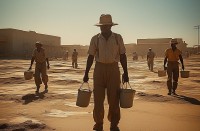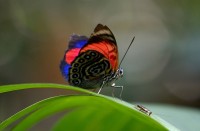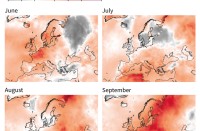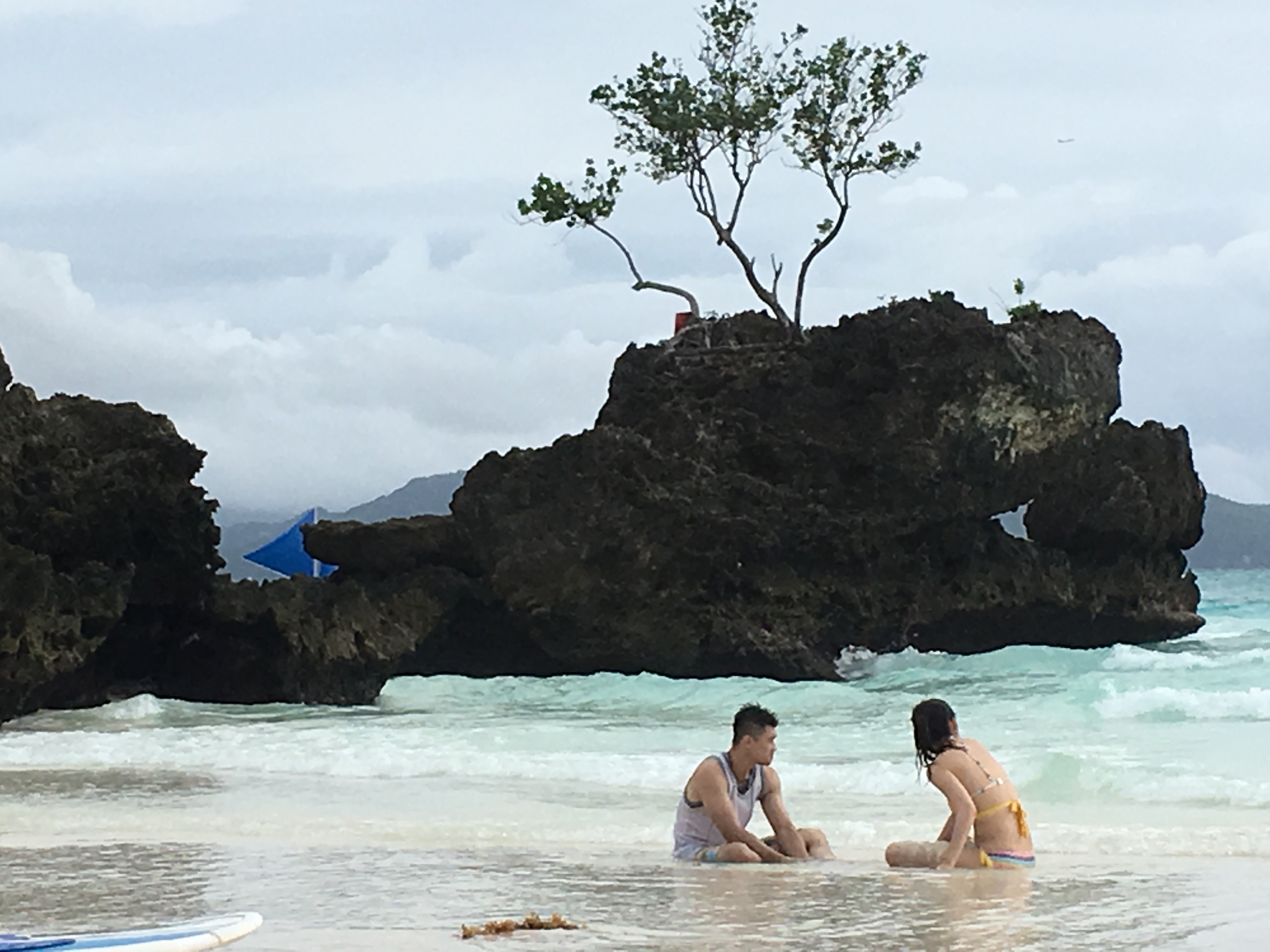
By Caesar Vallejos
Millennials change how the world travels.
With their constant connection and love for technology, these digital natives have shaped new desires and expectations that redefine how the hospitality industry creates unique, shareable and memorable experiences that impact even on the mainstream travellers.
In Boracay, the freshest change has come. Not necessarily the influx of younger visitors in the Philippine’s top tourist draw, but the new rule of a millennial in one of its most exclusive beachfront hotels.
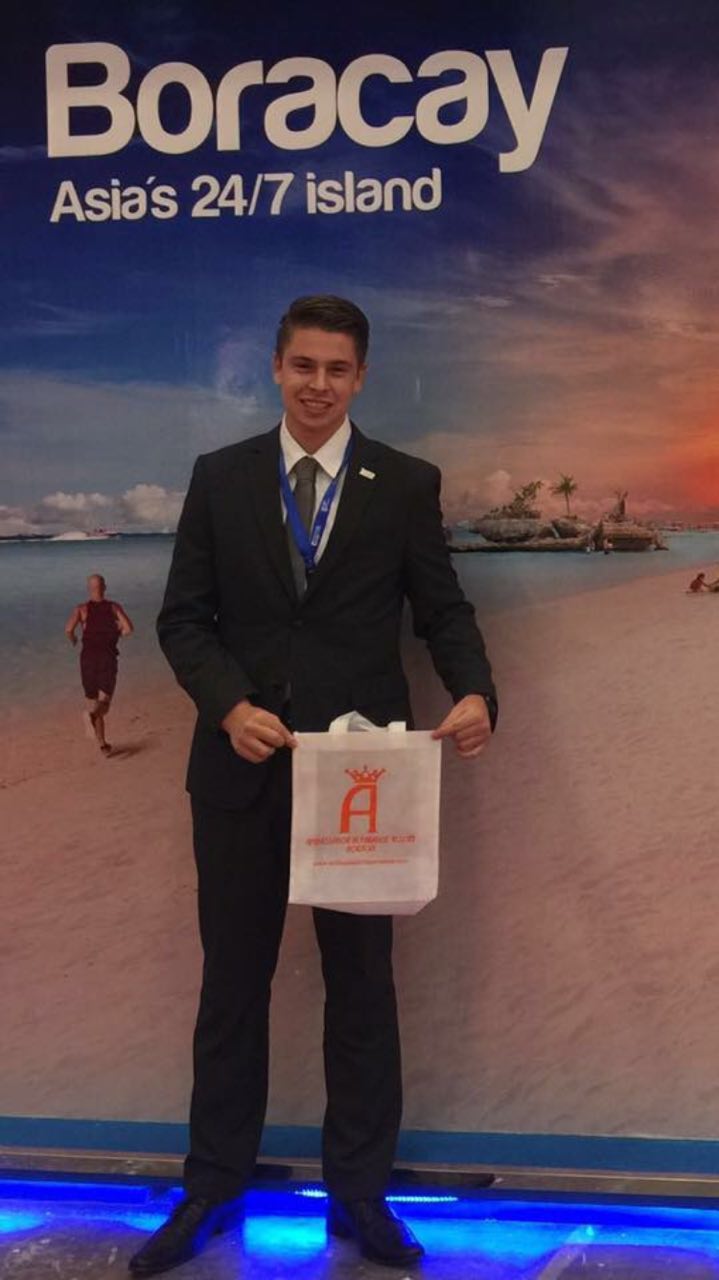
Now at the helm of Ambassador in Paradise is a 22-year old Dutch millennial as General Manager. Max Kuijkhoven is probably one, if not the youngest top executive in one of the best island resort destinations in the world.
Millennials comprise 20% of the traveling population that account for 217 million trips, a number expected to rise to 320 million in 2020 as reported by the Word Travel Market.
Heart in Boracay
“The first time I noticed that I have fallen in love with Boracay is the moment I left it,” Max recalled.
“I went to Mactan in Cebu for two weeks and stayed in Panglao in Bohol but I realized that Boracay is so nice because there’s so many things to do here. It’s like living in a paradise with the activities of city-living, and never feeling that you are in a remote island,” he explained.
“Filipinos are loyal and caring. They like to do things together and share their blessings. They are super friendly and you are always welcome. If someone is eating and you pass by, they always invite you to eat,” Max tells of his experience.
Comparing with some areas in Europe, Filipinos, according to Max, are welcoming and not arrogant. “In a hotel in Europe, probably the staff will just pass by. Here, they are always nice, and they show you a good day.”
Sustainability in resort management
Three out of four millennial consumers would pay more for sustainable products and services according to the 2015 Nielsen Global Survey of Corporate Social Responsibility and Sustainability.
Incidentally, the owner of Ambassador in Paradise has a hobby of initiating sustainable projects and solutions.

“More than 50 solar panels that are installed on our roof tops produce hot water. The warm showers in the hotel rooms are not created by energy that comes not from the island’s main electricity line but from the sun, “ Max boasted.
“We also have a solar-powered electrical vehicle that brings our guests from the airport to our jetty port. It is an electric car so we don’t use gasoline, thereby contributing no pollution,” he added.
But the biggest step in sustainability made by Ambassador in Paradise started in 2014. “A device makes our generator run 90 to 94 % on biofuel and only 10 to 6% on diesel. We created a system where cooking oil is filtered, goes to the generator and basically that’s what it runs on. Ambassador in Paradise is the first company in the Philippines to use this Japanese technology.
While other resorts run on pure diesel during electricity maintenance once a week, the Ambassador is fueled by biofuel from 8 am to 5 pm. “That is not only about savings in cost, this if for the environment. We’re probably break-even for now but in the long-term it will get back to us. But it definitely gives back to the environment. That’s the more important thing,” the millennial GM said.
Analysts mention that millennial customers are impressed by sustainable businesses that lead to resource conservation, promotion of health and safety, and responsibly sourced raw materials.
“We reinforce the preservation of nature,” Max stressed. Henna tattoo is very popular in Boracay. “We are against it because it is not only good for the skin but it is also bad for the environment,” he added.
A Dutch for Duterte
“Everybody wants a better Boracay but is starts with infrastructure,” Max shared.
“I have been here in Boracay for two years and nothing changed, just more rooms. There’s a new construction of high buildings and 800 rooms. That’s going to be extra 800 toilets under an existing sewage system that is not already functioning.”
“The roads, sewage system and the 2 to 3 electricity blackouts everyday are the same,” Max cited. With just a small amount of rain, some areas of Boracay’s narrow streets are already flooded.
The sea is reclaiming the Boracay shores. “This is one of the reasons why we are building a higher flooring for our pavements, almost 3 feet higher than before,” Max said.
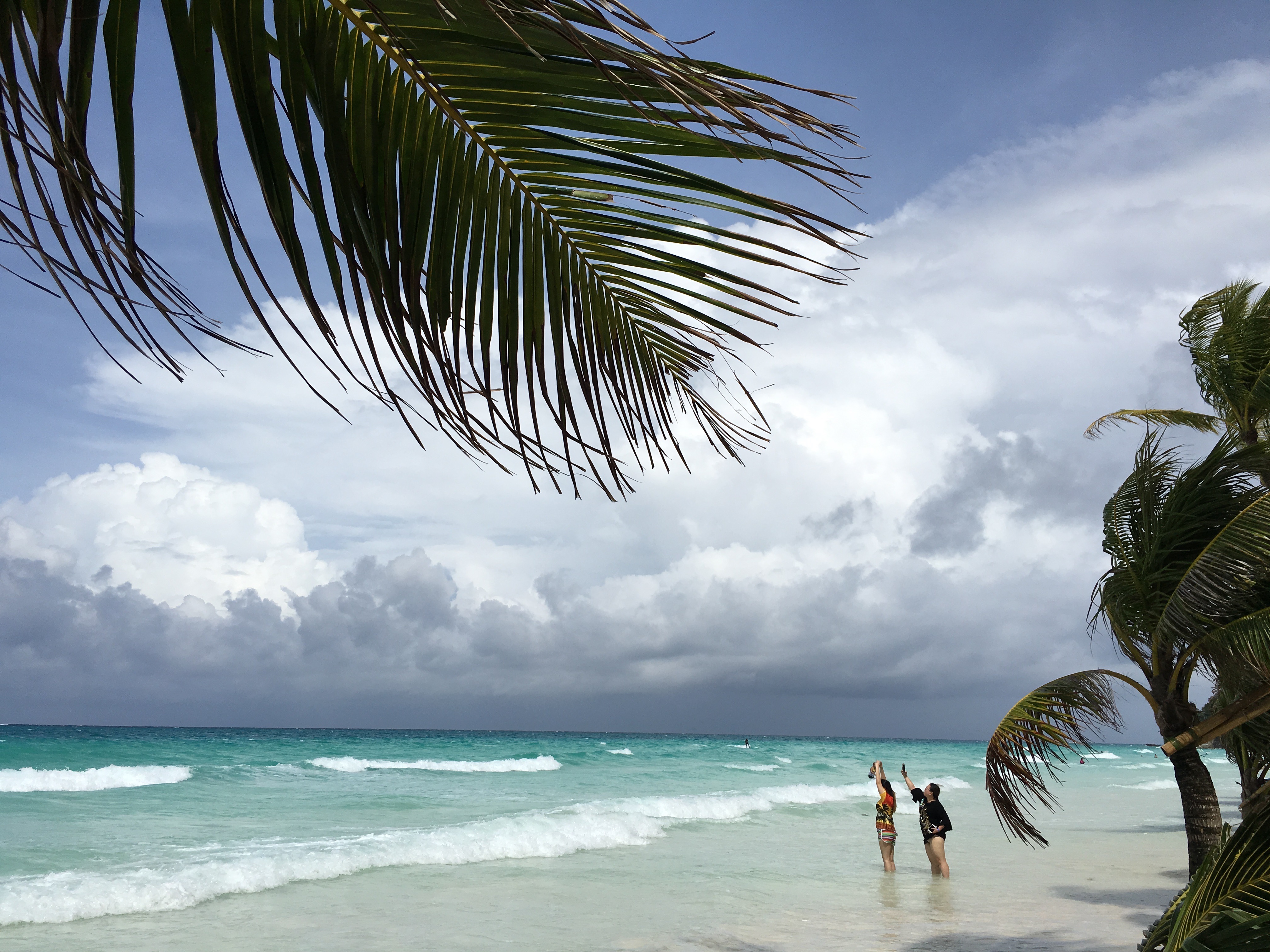
The island’s Chamber of Commerce run by both foreign nationals and Filipinos have a huge influence in striking a balance between protection of the environment and thriving of the tourism industry.
“I am hoping for change,” Max quickly retorted. The Filipino people are welcoming as long as you do good. Foreigners come here because there’s a lot of investment opportunities to grow,” he said.
Max mentioned infrastructure, technology and the Internet as investment opportunities in the Philippines but some government-related issues hamper the growth of foreign trade.
On bureaucracy, “I think with President Duterte now, we are going into the right way. I was amazed that the last time I went to the municipal hall at 12:30 in the afternoon they are still open, no noon breaks! That’s already a good point. Duterte is a positive change for this country. In the past, we had a lot of issues on permits that are difficult to get. Now, we hope that it’s going to be easier and better.”
Boracay like what it was before
Ambassador in Paradise wants to preserve Boracay like what it was before. Open, serene, full of palm trees and truly embraced by nature.
“While everybody has wind breaks, we make our beach front open all the way, and put them logically only when necessary.”
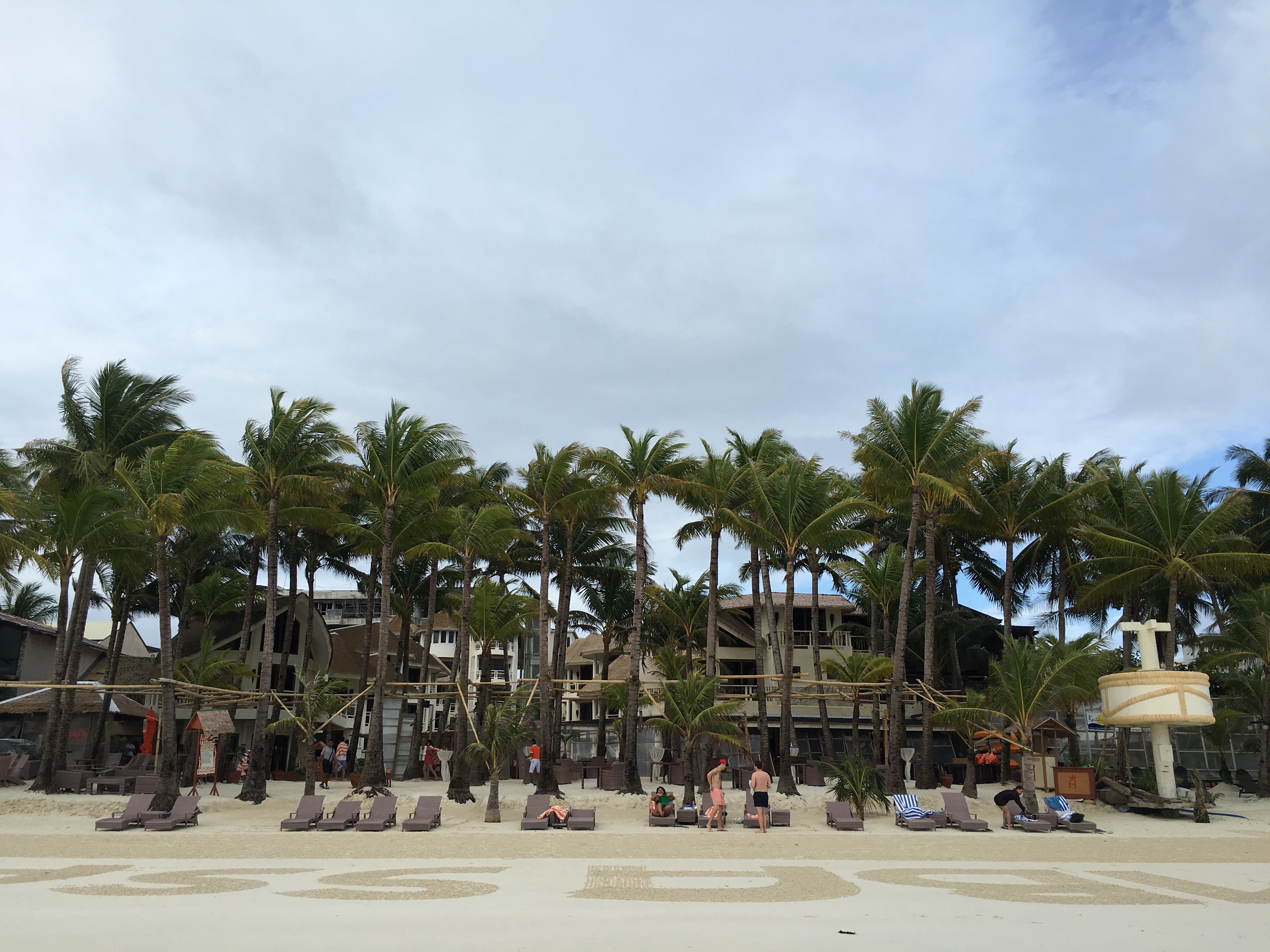
With its nipa-hut inspired roofing, Ambassador in Paradise is a fusion of modern and native styling that combines wood and other indigenous materials in its clean architecture and functional and pleasant interior design.
“There are 500 hotels in Boracay. Thus, it is not easy to sell a room because there’s so much choice,” Max admits.
Europeans who travel 24 to 30 hours to be in Boracay appreciate the unique, natural quality of Ambassador in Paradise. “The island now has sprouting ultra modern hotels but we offer a paradise experience that they haven’t seen in Europe,” Max said about the 60-room resort’s value proposition. “We have 150 staff members, hence, there are practically three people attending to each room to provide a personalized experience,” he added.
This young Dutch’s strategy reflects his millennial side as studies show that his age group is “less interested in packaged travel, like the cruises and beach-and-bars vacations of older generations. They want custom travel experiences that reinforce their individuality. They demand personalized treatment from travel companies, and want customized options when traveling.”
The Dutch, Germans, French and Italians are the easiest to please as they have lesser expectations and are more relaxed. Surprisingly, it’s the Filipinos who are the most demanding. It is maybe because, “Filipinos know exactly what they want,” Max justified.
‘Walang bukas na lang’
One of the first Tagalog phrases he learned was ‘walang bukas na lang’. “What we can do today, let’s do it today, because tomorrow is another day,” Max impatiently said.
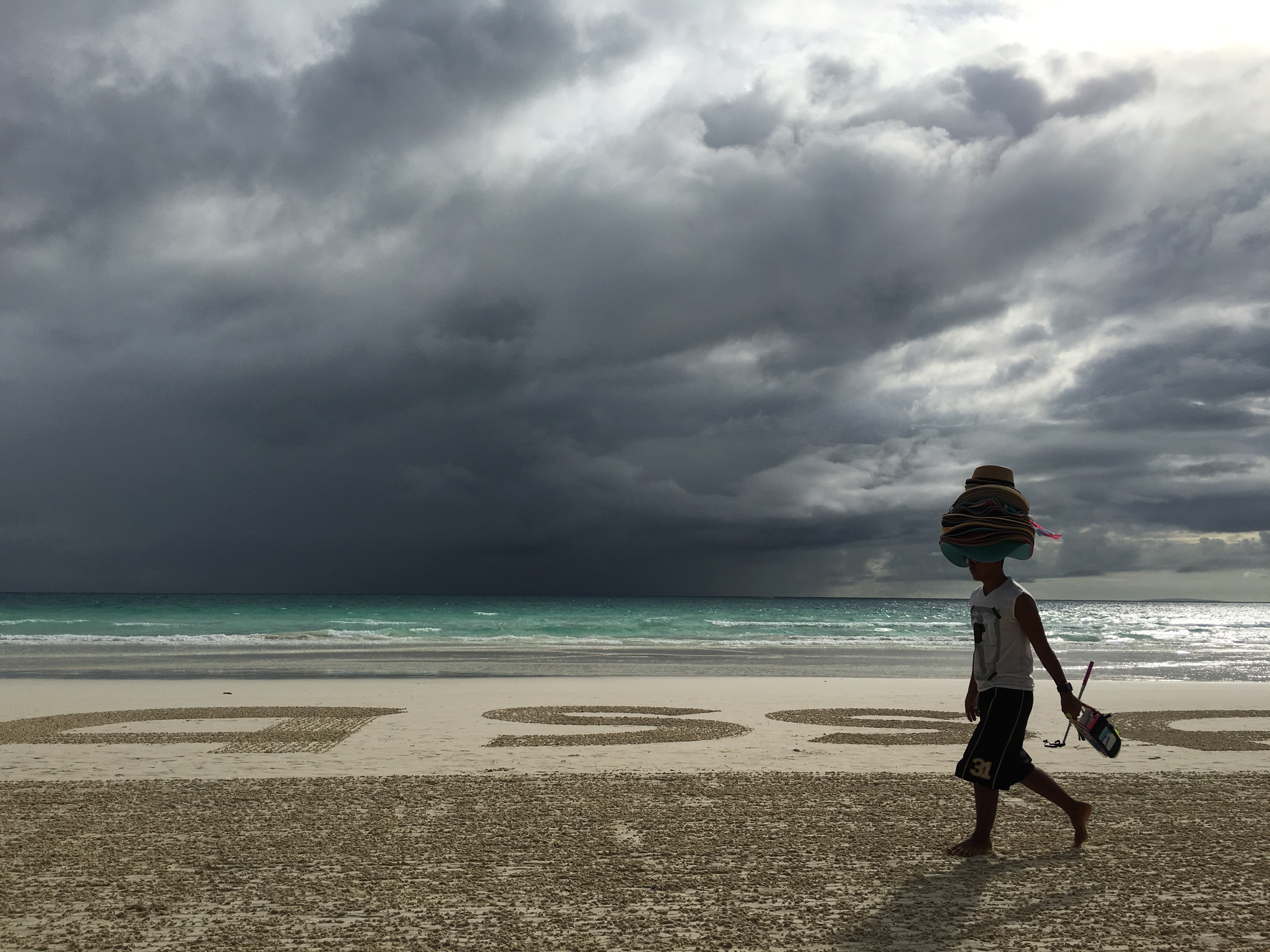
It could probably this mantra, which catapulted him as a fast-rising hotel executive who started as a dishwasher at the age of 14 until he exposed himself in the front office, housekeeping and maintenance. Working in Malta and Holland, “I learned a lot in the kitchen because you hear everything and I learned from the rank and file from all departments,” he narrated. Max graduated from Nova College in Holland taking up Sales and Marketing. He opted for the English course instead of its Dutch counterpart.
In this business, “age does not really matter as long as you do it the right way,” he said. He mentioned that he wants to focus on cutting lots of procedures to basic tasks until everyone knows what they have to do. “I want to make complicated things simple,” Max stressed.
Speaking like a seasoned businessman with gray hair, Max said, “some people are afraid to think for themselves. They want other people to think for them. Don’t be afraid to take initiatives. Just go ahead. Make the decision, make a couple of mistakes. The only way to learn is by making mistakes. Don’t be afraid for changes.”
A vast majority of millennials, a study reports, indicate that “they prefer to learn something new, such as a language or skill when traveling. They want to break from traditional tours to explore and learn from the communities they visit, from the culture to the food.”
With his Dutch heritage touch, Max’s thinking is redefining the Boracay travel experience, in the phenomenal millennial way.

